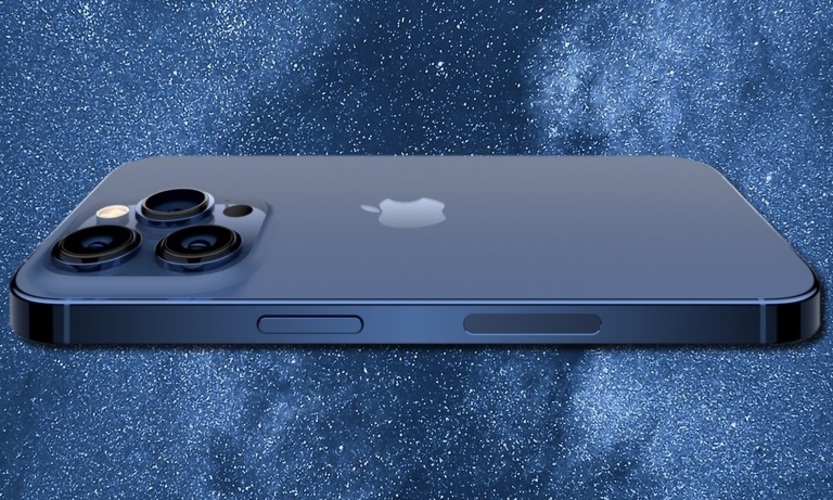The iPhone 14 series is expected to include new, non-cellular satellite communication features from Apple, but analysts believe their utility may be limited.
Although Apple hasn’t officially confirmed it, the satellite communication feature is expected to make its debut next week finally. Last year, it was anticipated to debut with the iPhone 13, but the rumour mill is strong. Although experts predict that most people won’t regularly use satellite capabilities, it doesn’t mean that certain people won’t find them useful—especially in emergency situations when alternative options aren’t accessible.
According to Apple analyst and Bloomberg reporter Mark Gurman, if the long-anticipated iPhone satellite features do appear this generation, expect them to be focused on emergency services, such as a feature to send brief texts to emergency contacts or services. “Another feature would enable users to report specific incidences from places with no cellular reception, such as car accidents, plane crashes, or boating mishaps.”
Read: Apple Begins Ads Display in App Store
Is Apple Right with this addition?
If Apple does include satellite connectivity in the iPhone 14 lineup this year, experts predict that it will be a feature that will be useful in a limited number of circumstances but won’t revolutionize how we use our iPhones daily. Even if the allegations are accurate, Ben Wood, chief analyst at CCS Insight, told Lifewire via email, “having the capacity to activate an emergency beacon or text alert is likely a limited use case.” Users will typically have a cellphone connection, so they might rely on that.
But analysts believe this functionality will be essential when a dependable cellular connection is unavailable. The iPhone 14’s satellite communication feature, according to TF International Securities analyst Ming-Chi Kuo, will only be used in emergency scenarios. In a similar vein, Bloomberg stated that consumers would be able to report accidents and call 911 even when there is no cellular service—something that is not currently possible with iPhones.
Tim Farrar, a consultant in satellite communications, anticipates Apple making its initial foray into the satellite business. Regarding a related announcement made recently by T-Mobile and SpaceX, he wrote on Twitter that “the only possible conclusion is that [the T-Mobile/SpaceX announcement] was designed to pre-empt next week’s Apple announcement of their own free messaging service with Globalstar,” before adding that the collaboration between the two businesses “should begin as soon as the new phone is released.” On September 7, there is anticipated news on the iPhone 14 lineup.
Apple is not expecting the usage of the feature
Is it conceivable that the iPhone 14’s satellite capabilities will be a function that is rarely utilized but crucial in the worst-case scenario, similar to Apple Watch’s ECG and other proactive health-oriented features? Although many people hope their Apple Watch never alerts them to a heart problem, research has shown that the feature can save lives.
According to Carolina Milanesi, President & Principal Analyst at Creative Strategies, “I think this is one of those insurance benefits that you hope to never need, but you will be grateful [you have]” she told Lifewire via email. If Apple does include such a function in the iPhone 14 lineup, Milanesi and other experts think that rather than actively using it daily, customers will be content to have it as a backup.
If that’s the case, several industry professionals think Apple will need to put in more effort to pique the interest of potential iPhone 14 purchasers in a feature they will rarely, if ever, use. By email, Wood said, “If this new function does materialize, I’ll be extremely eager to watch how Apple presents it to consumers. Not only that, but Milanesi said that, if such were the case, she would be “wonder how Apple is going to sell it as a safety feature.”
